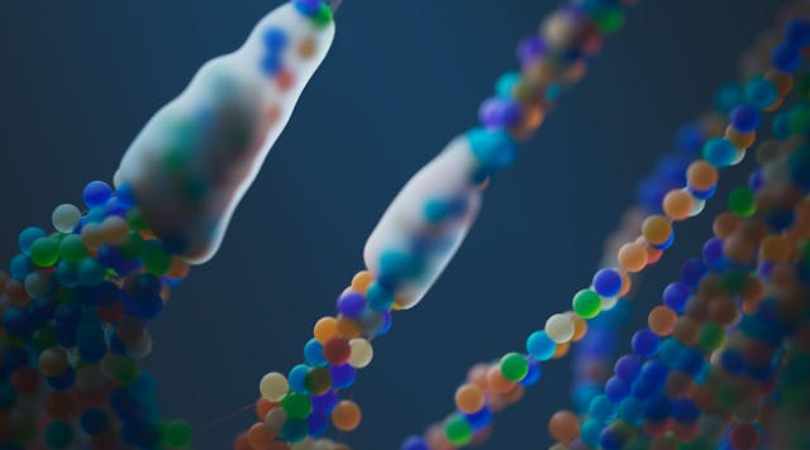Scientists have successfully restored the lost uricase enzyme, a key breakthrough in combating fructose-induced fat formation. This discovery offers new hope for preventing obesity and metabolic disorders by targeting how the body processes sugar and stores fat.
Limited Quantities Available! Order Today and Enjoy Free Shipping on Orders Over $100!
AMPK
A cellular energy switch that turns on fat burning and healing—suppressed by fructose metabolism and uric acid.
Flip the Switch Back On
AMPK is your body’s metabolic master switch—and fructose metabolism may be turning it off.
AMPK helps regulate energy usage, fat burning, and insulin sensitivity. But when fructose floods the liver, it depletes cellular energy and generates uric acid—both of which suppress AMPK activity. This contributes to weight gain, inflammation, and metabolic inflexibility.
SugarShield supports the conditions that allow AMPK to function properly. By helping modulate the effects of fructose metabolism, it promotes cellular energy recovery and metabolic activation—giving your body the signal to burn, not store.
What is AMPK?
AMPK (AMP-activated protein kinase) is an enzyme that acts as an energy sensor in your cells. When energy is low, AMPK turns on systems that generate ATP and repair damage—like a cellular reboot switch.
Benefits of AMPK Activation
- Increases fat burning
- Improves insulin sensitivity
- Stimulates mitochondrial biogenesis
- Reduces inflammation
It is often activated during fasting, exercise, and certain nutrient restrictions.
Fructose Suppresses AMPK
Fructose metabolism leads to:
- ATP depletion
- Uric acid production, which directly blocks AMPK activation
This suppresses the very system designed to restore energy, creating a vicious cycle of fatigue and metabolic stress.
Natural AMPK Activators
Compounds like luteolin, berberine, and resveratrol have all been shown to activate AMPK—making them useful for supporting metabolic health.
Why AMPK Matters to LIV3
We view AMPK as a master regulator of recovery. By blocking fructose metabolism and supporting AMPK, we aim to shift the body from storage mode to repair mode—helping restore metabolic flexibility and cellular energy."






